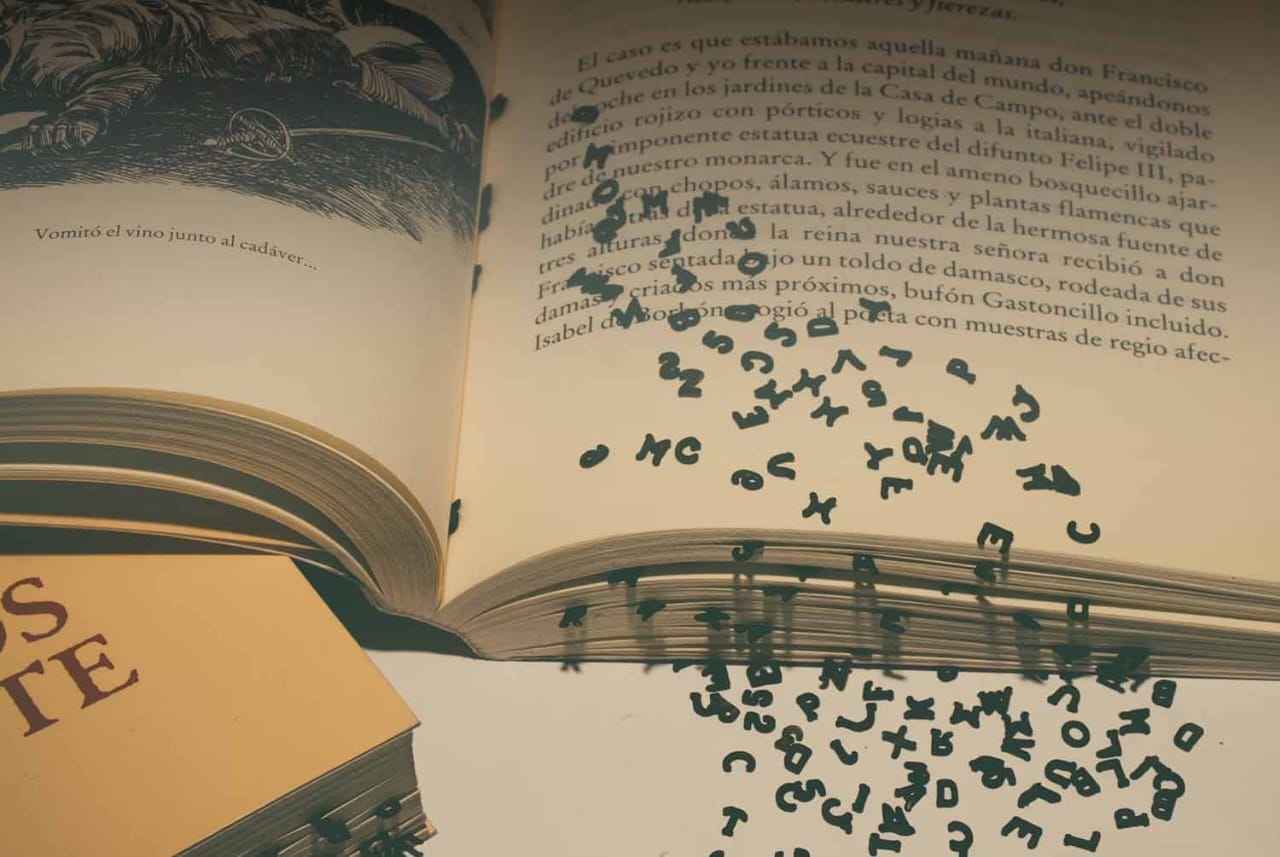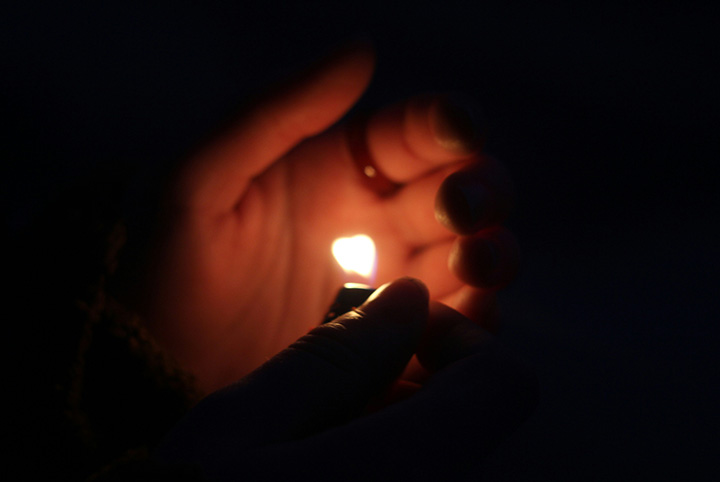In the ruins of Warsaw, destroyed by World War II, Władysław Szpilman, a Jewish pianist, hides in silence. His life has been torn apart by the war, his family was taken to a concentration camp, his home was destroyed, and he himself is on the verge of starvation. In the midst of the destruction, he finds an old, dusty piano. With weak fingers, he slowly presses the keys, playing the notes he has almost forgotten. There is no audience, no applause, but the music awakens something in him, hope. Szpilman’s story, which was once made into a film entitled “The Pianist”. About a man who has lost everything, wonders about God’s justice, and seeks a glimmer of hope amidst suffering, reminds us of Job’s inner struggle.
Job compares life to evaporating water and a dry river. He feels as if God has destroyed all human hopes, changed his face, and sent him away (Job 14:20). Like Szpilman alone in a dead city, Job feels cut off from life and even from God himself. But in the midst of that despair, there is a heart-rending question: “If a man dies, can he live again?” (Job 14:14). A question that describes the cry of a heart full of longing. Job hoped that death was not the end, that despite all the suffering, God still remembered him. He imagined a God who would one day call him, and he would answer (Job 14:15).
Bible friends, sometimes life brings us together with the ruins of hope, separation from loved ones, failure, illness, or even the feeling that God is far away. But, like Job, we are called to keep hoping. There is no destruction so great that it cannot be rebuilt, no silence so deep that it cannot be revived by the light of hope. Even though we may feel broken or lost, new meaning can always be found if we keep moving forward.
























